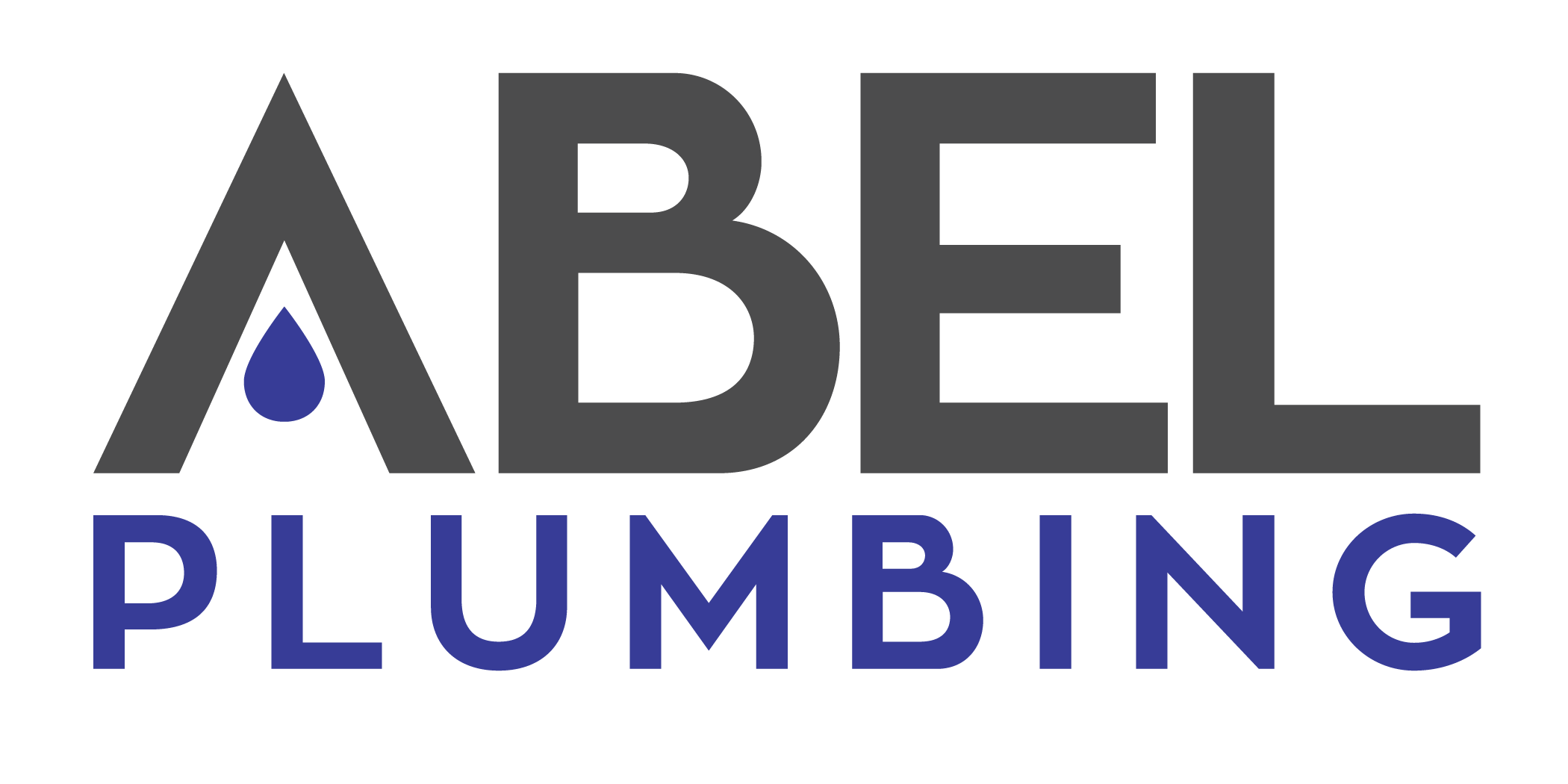Is Your Drinking Water Really Safe?
Many people trust that their water is safe to drink. After all, it goes through a fairly rigorous testing and treatment process (if you are drinking tap water). Fortunately, our water, by and large, is safe to drink. However, there are contaminants that can get in through pipes or missed by treatment. So how do you know if your water is really safe to drink?
There are standards in place to determine water quality, which involves allowing a limited number of pollutants into the water.
Minerals usually show up naturally as the water makes its way to your tap. The majority of the minerals, in the amounts present, are good for you. However aged pipes and leach harmful minerals, such as lead into your water supply.
Chemicals are used to kill bacteria before it reaches your home, but they don’t always dissolve when added to the water supply.
Bacteria show up when a pipe breaks or other contamination occurs. Chemicals used in treatment will usually kill these bacteria, but that may not always be the case, especially is there is an accidental pipe burst.
Does your water have a strange taste or smell?
A strange taste or smell coming from your water may not always be a serious issue. Hydrogen sulfide can be a reason behind a strange rotten egg odor. Chlorine may be a solution for this, but this issue can’t be addressed by you when you get your water from the city system. That is why many people choose a home water treatment solution in addition to city treatment.
Do your dishes have deposits left behind?
White or yellowish deposits left in your sink, or on your dishes and faucet can be caused by calcium deposits. You may know calcium deposits by the term “hard water,” but even though it doesn’t look great, it doesn’t necessarily mean your water is unsafe.
Even though your water quality is safe, it doesn’t mean the hard water isn’t causing other issues throughout your home. This issue can lead to major plumbing problems, which is why many homeowners consider replacing or adding a water softener to their home.
Do you see particles in your water?
Particles floating in your water can mean your pipes or water heater are beginning to rust. These particles can be a sign of an issue more than water quality and should be addressed as soon as possible. A simple water test can give you solidified answers to what the particles are and can give you direction to what your next step should be.
Should you have your water tested?
We suggest having your water tested to determine whether your drinking water is safe. A regular water testing schedule can help you find out what contaminants are common in the area. Contact Abel Plumbing at (763) 682-4105 for a free water test and to chat about solutions to any of your water quality or plumbing issues.
Click on your town for their local water quality report
Abel Plumbing offers water treatment systems and services to the Twin Cities West Metro Area. Contact us today!

